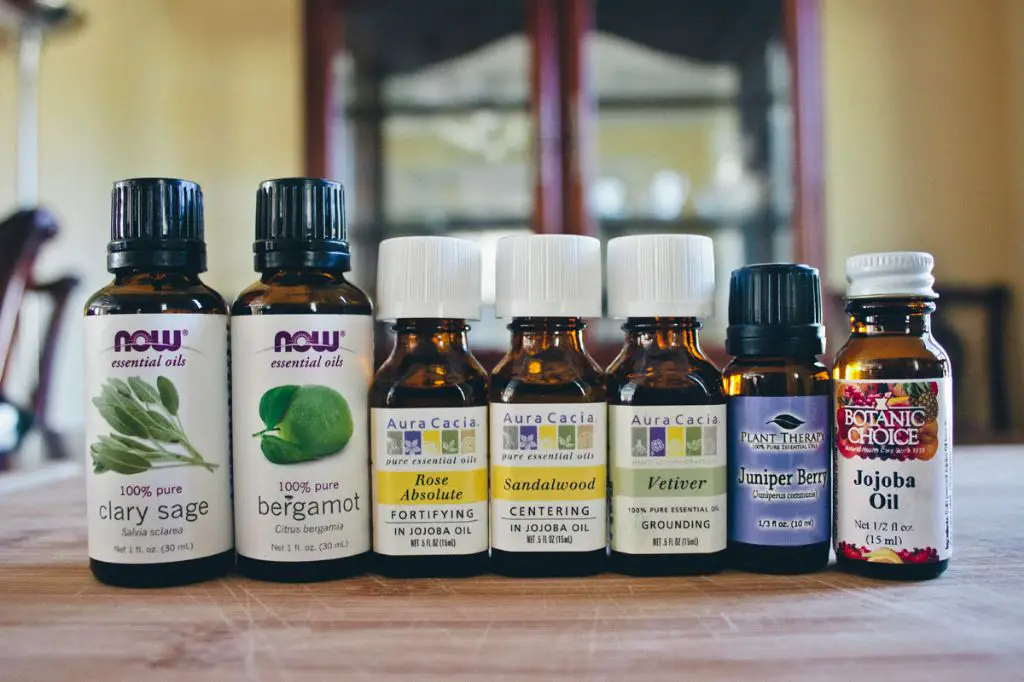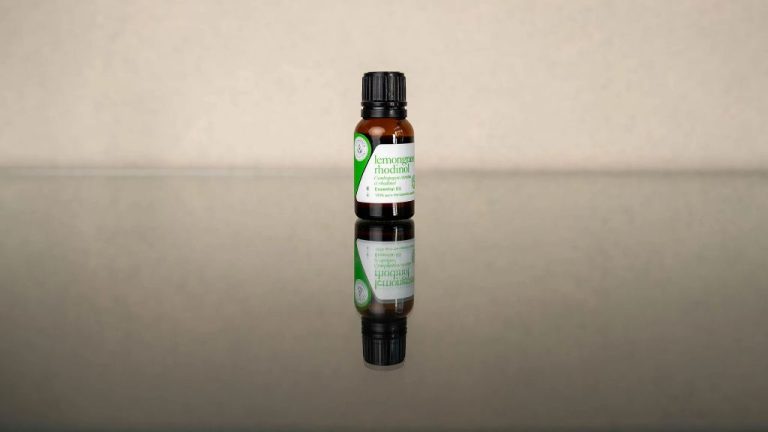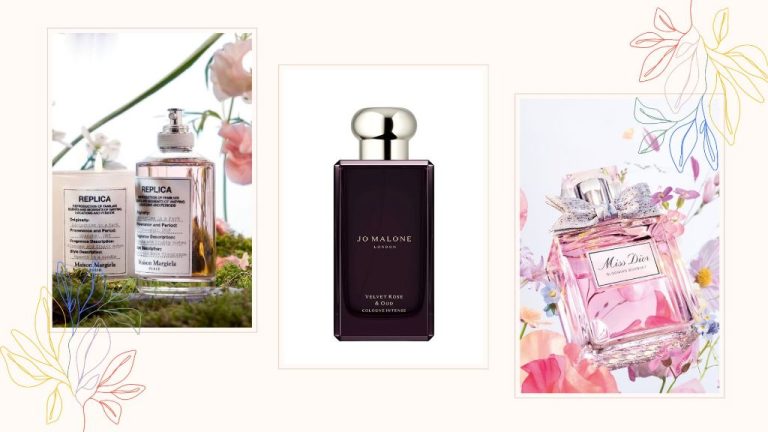What Is A Substitute For Musk Oil?
What is Musk Oil?
Musk oil is a thick, reddish-brown oil with a strong, musky odor. It is obtained from the dried secretion of the musk pod or sac of male musk deer (My Best Products). Musk oil has been highly prized for centuries in perfumery for its ability to provide a warm, sensual, and luxurious base note to fragrances.
The use of musk in perfumery dates back thousands of years. Records show that musk was already being imported to ancient civilizations in Egypt, Greece, and Rome from Asia. In the Middle Ages, musk oil was worth more than its weight in gold and was favored by royalty and the elite. Today, musk continues to be an important ingredient in perfumery.
Natural musk oil is composed of hundreds of molecules, but the main active ingredients are muscone, muscenone, and synthetic musks. It acts as a natural fixative that helps blend all the notes in a perfume and makes the scent last longer on the skin. The musky aroma works as an excellent base that grounds floral, citrus, and spicy notes.
Why Seek Substitutes?
There are several reasons why people may want to seek substitutes for natural musk oil:
Sustainability concerns – Natural musk comes from the gland of the male musk deer. They must be hunted and killed in order to obtain musk pods. This raises concerns about the sustainability and ecological impact of harvesting natural musk. There are also concerns that demand could lead to illegal poaching and trading of endangered musk deer populations (Safe Cosmetics).
Animal welfare – Killing animals solely for the purpose of harvesting their glands for perfume ingredients is considered unethical by many. Seeking alternative musk substitutes allows people to avoid supporting this practice (Take One Thing Off).
Cost – Natural musk is very expensive due to the challenges of sourcing it sustainably. Synthetic musk substitutes can provide a similar scent at a fraction of the cost.
Natural Plant-Based Oils
There are a few natural plant-based oils that can serve as effective substitutes for musk oil in fragrances and perfumes:
Ambrette Seed Oil – Obtained from ambrette seeds, this essential oil is considered to be an excellent natural substitute for musk. With its sweet, floral, and delicate musky aroma, ambrette seed oil works well for adding a musky note similar to white musk to perfume compositions. It also acts as a fixative that helps blend and unify the scent.[url=https://fargeotnaturalperfumes.com/blogs/news/ambergris-and-natural-alternatives-for-musk-and-fixative-in-perfumes]
Angelica Root Oil – The earthy, musky aroma of angelica root oil makes it a popular choice as a natural musk substitute in perfumes. When diluted and blended with other oils, it lends a warm, rich musky nuance. Angelica root oil also acts as a fixative.[url=https://naturalnicheperfume.com/blog/natural-white-musk-ambrette/]
Cabreuva Oil – Extracted from the wood of the Cabreuva tree native to South America, this essential oil has a soft woody scent reminiscent of musk and sandalwood. It works well for adding musky depth in the base notes of perfumes.[url=https://basenotes.com/community/threads/any-essential-oils-that-i-can-use-to-make-a-white-musk.244437/]
Synthetic Musk
Synthetic musks were developed in the late 19th century as less expensive and more consistent alternatives to natural animal musks.1 The first synthetic musk, musk xylene, was created in 1888.2 Synthetic musks are divided into major classes:
Nitromusks – Developed in the 1890s, nitromusks have a strong, sharp, musky scent. However, most have been discontinued due to health concerns. Musk xylene and musk ketone are still used in some fragrances.
Polycyclic musks – Introduced in the 1950s, polycyclic musks have a lighter, cleaner musk scent. They are widely used in laundry detergents, soaps, cosmetics and fragrances. Examples include Galaxolide and Tonalide.
Macrocyclic musks – Developed in the 1970s, these musks have fresh, powdery scent profiles. Common examples are ethylene brassylate, Celestolide, and Phantolide.
In recent years, there have been health concerns over synthetic musks, particularly nitromusks and some polycyclic musks. Safer alternatives are being developed using more bio-based and readily biodegradable ingredients.
Essential Oils
Certain essential oils naturally contain musky notes and can be used as substitutes for musk oil in perfumes and aromatherapy. Some of the most commonly used musky essential oils are:
Sandalwood essential oil has a rich, woody, sweet scent that is commonly described as musky or balsamic. It is extracted from the heartwood of sandalwood trees and has been used in incense, perfumes, and skincare for centuries (1). Sandalwood oil contains compounds like santalols that give it a deep, musky character.
Frankincense essential oil, steam distilled from the resin of boswellia trees, has an earthy, balsamic fragrance with subtle musky undertones. It contains sesquiterpenes like alpha-pinene that contribute to its complex, musk-like aroma profile (2). Frankincense oil is especially valued in perfumery for its ability to blend well with other scents.
Patchouli essential oil is derived from the leaves of the patchouli plant. It has a rich, musky, earthy aroma that intensifies as the oil ages. The main chemical components that give patchouli oil its distinctive musky scent are patchoulol, norpatchoulenol, and pogostol (3). In low dilutions, patchouli oil makes an excellent musk substitute.
When formulated carefully, essential oils like sandalwood, frankincense, and patchouli can approximate the scent of musk oil in natural perfumes and products. They bring complexity, depth, and musky richness without the use of synthetic musk compounds.
(1) https://www.mayanssecret.com/pages/musky-scented-essential-oils
(2) https://basenotes.com/community/threads/essential-oil-substitute.532096/
Carrier Oils
Carrier oils are vegetable oils derived from the fatty portions of plants that are used to dilute and “carry” essential oils and fragrance oils. They help distribute the aroma evenly as well as condition the skin. Some popular carrier oils used as substitutes for musk oil include:

Jojoba Oil – Jojoba oil is one of the most common carrier oils used in aromatherapy. It has a liquid wax texture similar to human sebum, so it absorbs well into skin and hair. Jojoba contains vitamins E and B, as well as minerals like zinc and copper. It has anti-inflammatory properties and can moisturize dry skin. Jojoba oil has very little scent, making it ideal for perfumes. (Source)
Grapeseed Oil – Grapeseed oil is lightweight, absorbs easily, and has very little scent. It contains linoleic acid and antioxidants like vitamin E. Grapeseed oil can help condition hair and skin. It also has a long shelf life compared to other fragile carrier oils.
Coconut Oil – Coconut oil contains fatty acids like lauric acid and caprylic acid. It has antifungal and antibacterial properties. Coconut oil can moisturize and nourish skin and hair. The oil solidifies at room temperature, so it must be melted to mix with other oils. Coconut oil has a noticeable sweet, coconut scent.
Fragrance Oils
Fragrance oils are synthetic oil-based formulas created to duplicate natural scents like musk. They are blended from various aromatic chemicals and oils. Fragrance oil manufacturers offer custom blending services to create personalized scents. This allows flexibility to formulate a musk-like fragrance with desired notes and accords.
The main advantages of fragrance oils are their low cost, consistent scent, and ability to be customized. The drawbacks are that they are synthetic, may irritate sensitive skin, and lack the complexity of natural oils. Fragrance oils also do not provide any therapeutic benefits compared to essential oils. When selecting a musk fragrance oil, it’s important to choose a high quality formula from a reputable supplier. Always do a patch test before wide use.
Aromachemicals
Synthetic aroma chemicals that mimic the scent of natural musk can provide an alternative in perfumery. Two key musk-like aroma chemicals are:
Musk ketone – This synthetic compound has a sweet, creamy, musky odor. It provides excellent nitro musk character but is restricted for use in some regions due to potential toxicity concerns (1). Some substitutes like Velvione and Cosmone can mimic musk ketone when blended together (2).
Exaltolide – This synthetic lactone has a musk, powdery scent. It acts as a musk replacer and fixative in perfumes. Exaltolide offers a musk profile without any restrictions on use.
Other synthetic musk-like aroma chemicals include ethylene brassylate, phantolide, traverseolide, and various cyclic ketones (3). These compounds can replicate the musk scent profile when skillfully blended.
(1) https://pellwall.com/en-us/products/musk-ketone-substitute
(2) https://pellwall.com/en-us/products/musk-ketone-substitute
(3) https://takeonethingoff.com/blog/2021/11/24/musk-perfumery-profiles-ethical-alternatives/
Considerations When Choosing
When selecting a substitute for musk oil, there are several key factors to consider:
Intended Use
Think about how you plan to use the musk oil substitute. Is it for perfumes, cosmetics, aromatherapy, or another purpose? The intended use will influence the type of substitute that is most suitable.
Scent Profile
Musk oil has a very distinctive scent, ranging from sweet to earthy. Make sure to choose a substitute with a similar scent profile to musk that aligns with your preferences. Compounds like ambrette seed oil or synthetic musks can mimic musk’s soft, powdery aroma.
Ethics and Sustainability
With concerns over sustainability and animal cruelty, many prefer to avoid natural musk derived from the musk deer. Opt for plant-based or synthetic alternatives that are ethically-sourced. Certain oils like ambrette and angelica root provide musky notes in an ethical way.[1]
Consider sourcing, production methods, and environmental impact when evaluating substitutes.
Summary
There are a variety of substitutes to consider when replacing musk oil. Some of the main options include natural plant-based oils like jasmine, patchouli, and sandalwood; synthetic musk compounds; essential oils like geranium, rose, and orange; carrier oils such as jojoba, almond, and coconut; and fragrance oils that contain synthetic musk aromachemicals.
When deciding on a musk oil substitute, consider the desired scent profile, cost, sustainability, and usage. Synthetic options tend to be cheaper and more consistent, while natural oils provide an authentic aroma but can be more expensive and vary in quality. Ultimately, the choice comes down to personal preference and the application.
While musk oil has a unique scent that is difficult to truly replicate, combinations of the substitutes discussed can produce well-rounded musky fragrances. With some testing and blending, musk-like aromas can be achieved without using real musk. The options are diverse, accessible and provide an opportunity to move away from unsustainable practices toward more ethical alternatives.


